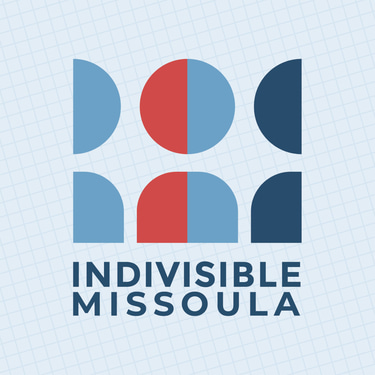Neighbors First: Conversations That Keep Democracy Growing Along the Clark Fork
Despite what headlines suggest, Missoulians still find common ground—in markets, on trails, and at community events—where conversations rooted in shared values like fairness and family can bridge divides. This post explores how starting local, speaking plainly, and naming real problems can help keep democracy growing strong along the Clark Fork.
5/21/20252 min read


The headlines make it sound like we’re split into warring camps but spend a Saturday morning at the Clark Fork Farmers Market and you’ll see Missoula’s real story: ranchers in weather-worn boots trading recipe ideas with students clutching cold-brew, families fresh from Little Grizzly soccer laughing alongside retirees from the Bitterroot Valley. Under the canopies, differences in party or bumper-sticker fade because everyone is there for the same reason—to feed the people they love and support the growers who keep this valley alive. The Messaging This Moment handbook reminds us to begin with the values we already share, because that common ground draws far more ears than any list of complaints ever will.
Who’s working to pull us apart?
A narrow circle of political power-players and corporate executives chooses to rig the rules, divide communities, and even confiscate our freedoms so they alone can keep lining their pockets. Their decisions tip the scales to benefit a powerful few and flood public debate with fear—classic tactics of creeping authoritarianism. Yet here in western Montana we know democracy is a team sport; it thrives when neighbors refuse to sit on the sidelines. By naming these villains clearly, we turn confusion into accountability and keep the spotlight where it belongs—on the decision-makers.
Here’s the good news: most Montanans—most Americans—still stand on common ground.
Research shows a “broad, winnable middle” ready to follow a story that centers shared values. When messages spark our base and speak to that persuadable middle, only about fifteen percent of voters scurry to the extremes. In other words, despite what cable panels claim, the vast majority is open to conversations that start with fairness, family, and freedom. That means the aunt who watches a different news channel, the coworker who rolls his eyes at politics, even the fishing buddy who grumbles about “government” are all within reach when we open with shared values.
So how do we turn that quiet agreement into lasting change? We talk—plainly, locally, and with purpose.
Paint the Montana we’re building. Describing a future where “our parents can afford to see a doctor when they need one” energizes folks far more than promising to “fix a broken system.” Focusing on the positive outcome keeps listeners motivated and curious.
Name the problem with clear villains. Say “politicians chose to silence voters” instead of “voters lost their voice” so problems don’t feel like bad weather that just happens.
Widen the circle of belonging. Lines like “Everyone means everyone, no exceptions” invite listeners to picture themselves in the solution and side with democracy.
Ready to open the dialogue?
Before your next walk on the Riverfront Trail, try leading with “What do you love most about living in Montana?” It invites stories instead of slogans and grounds the chat in shared pride. Or, if you sense frustration about politics, offer “How can we make sure every neighbor here in Missoula has a fair shot?” Both starters center local values before touching policy, keeping the door open for honest conversation.
Authoritarian impulses wilt when ordinary people talk, listen, and act together. Whether you’re swapping tomatoes at the market, chatting in the stands at a Hellgate-Big Sky game, or sharing a chairlift at Snowbowl, every conversation that begins with our common ground pushes Montana—and our country—closer to its promise. Let’s keep those talks flowing like the Clark Fork: unyielding toward a future where all of us have a voice.
